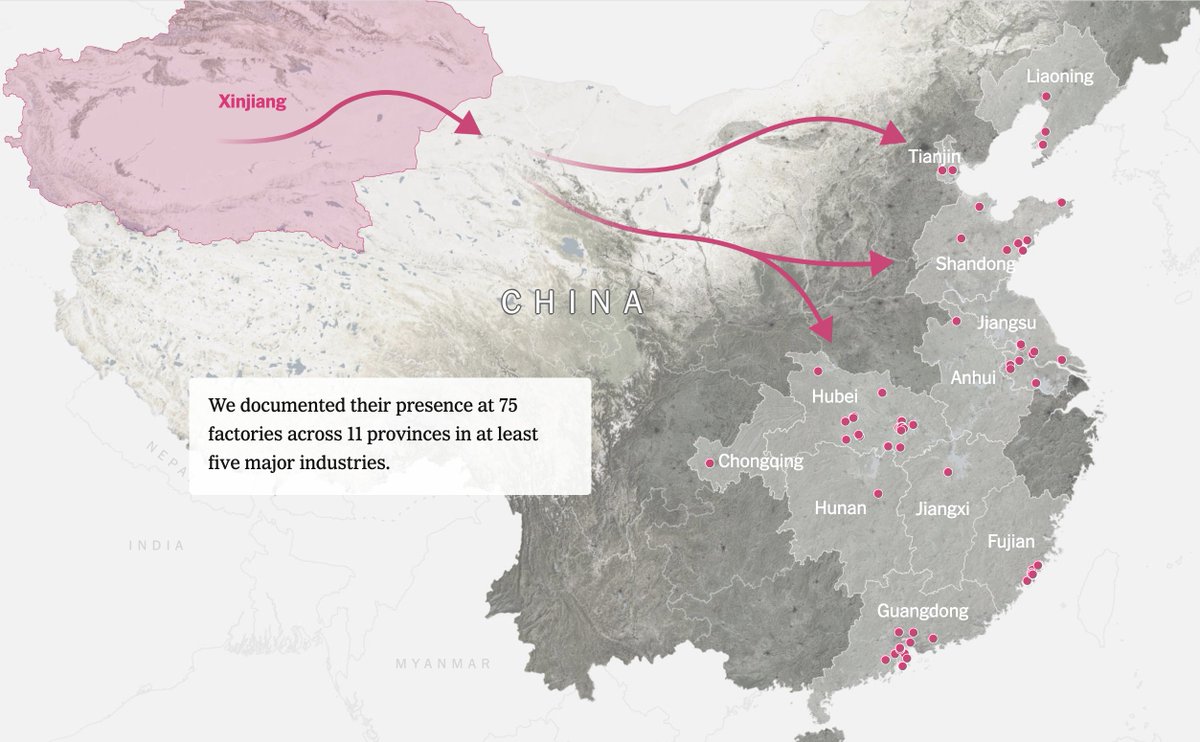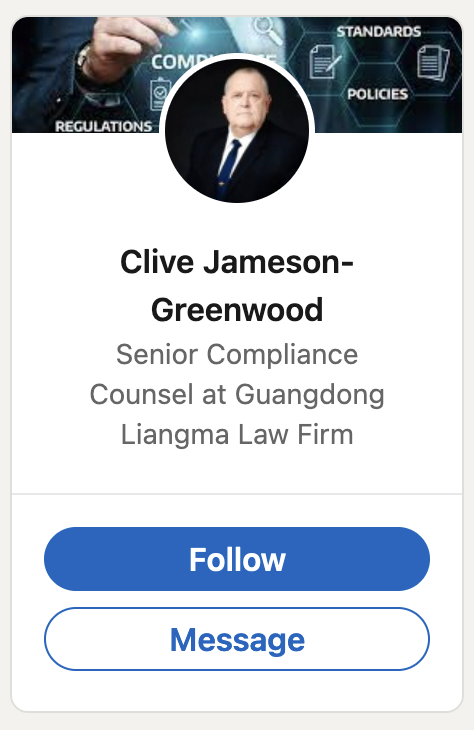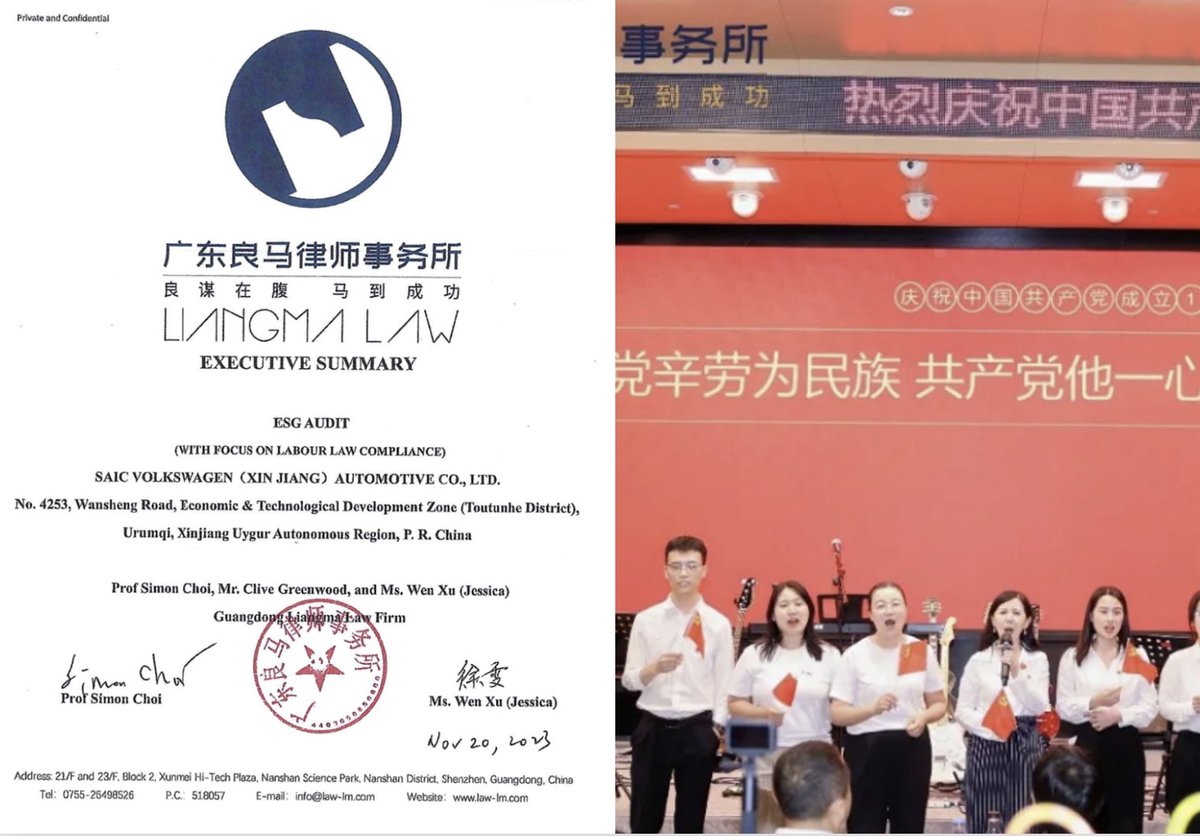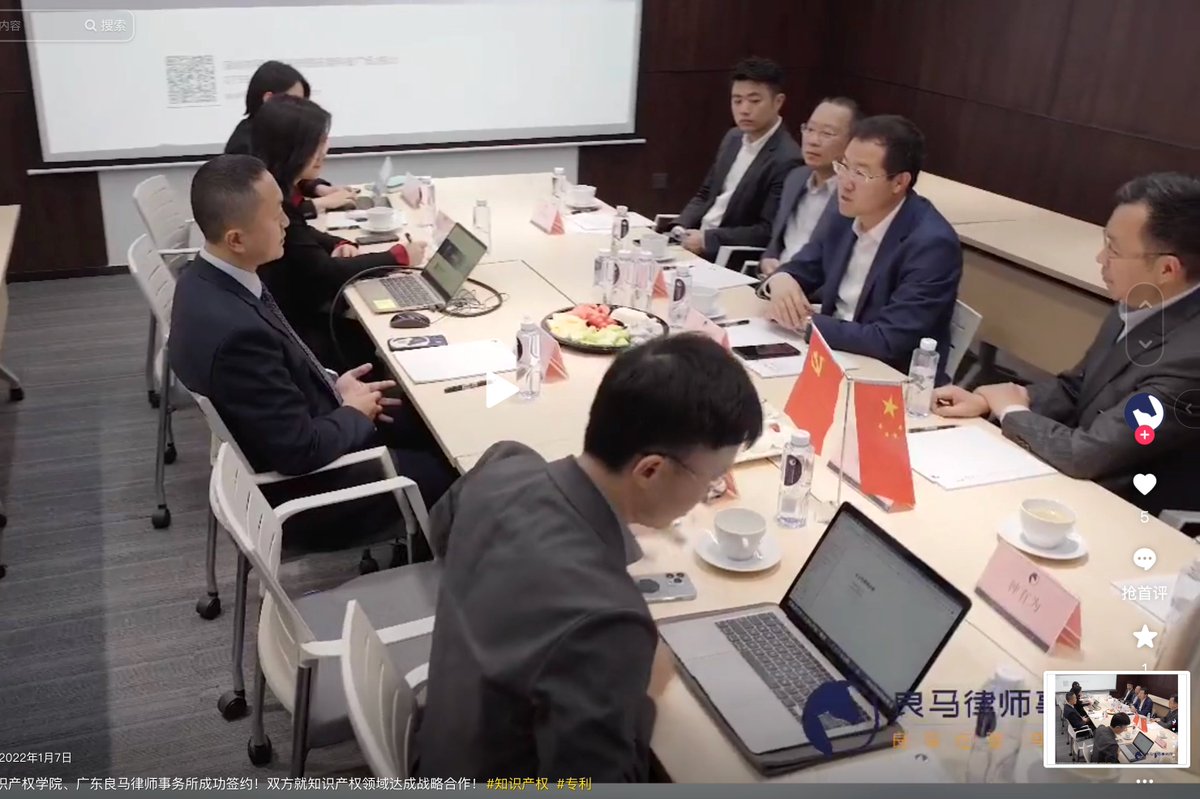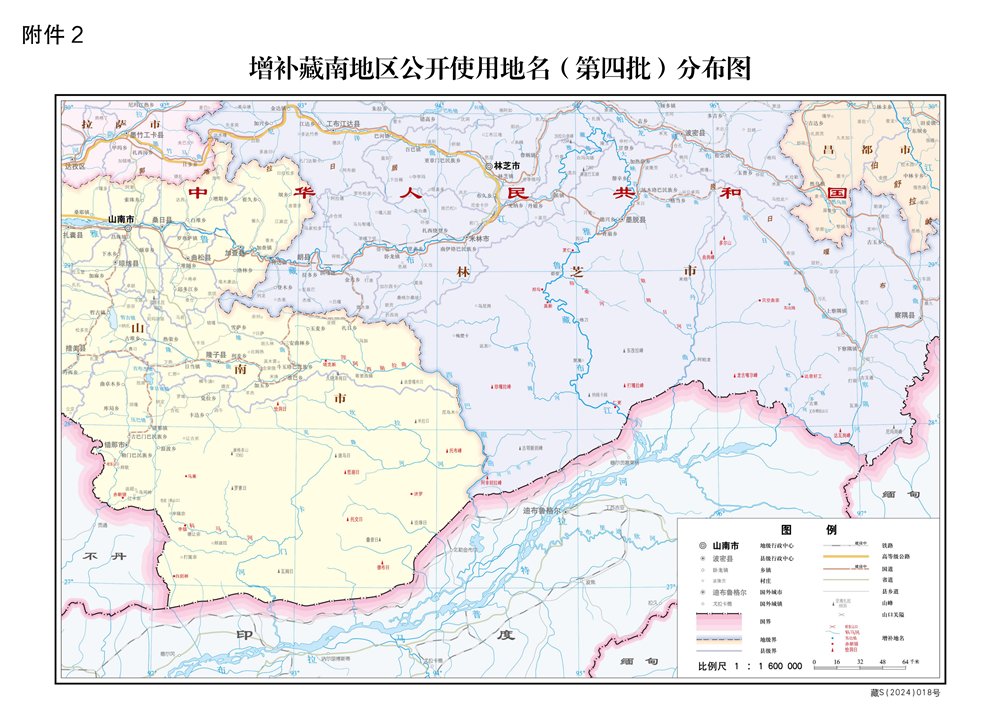The #XinjiangPoliceFiles show that the mass internments in Xinjiang were carefully planned & executed w/ Beijing's knowledge, based on a 5-year plan: 2017 to 2021.
We can now ascertain this plan's precise execution until Chen Quanguo's removal in 2021:🧵
chinafile.com/reporting-opin…
We can now ascertain this plan's precise execution until Chen Quanguo's removal in 2021:🧵
chinafile.com/reporting-opin…

This plan was closely built around the person of Chen Quanguo.
In the files, Chen Quanguo admits that Xi Jinping himself "sent me to Xinjiang in order to make a stable Xinjiang arise."
Chen told Xi that he would be willing to be in Xinjiang for 10 years if necessary.
In the files, Chen Quanguo admits that Xi Jinping himself "sent me to Xinjiang in order to make a stable Xinjiang arise."
Chen told Xi that he would be willing to be in Xinjiang for 10 years if necessary.

I previously argued that in 2016, Chen immediately hit the ground running, preparing the mass internments through massive police recruitments, the construction of 1000s of police stations, and the expansion of the surveillance apparatus.
Internal files support this assessment.
Internal files support this assessment.
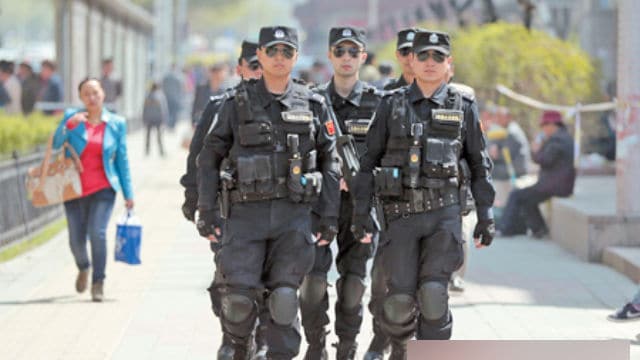
The 5-year plan then logically began with "year one" in 2017: "stabilize" the region. This started the mass internments.
The mandate for "year two" of the plan (2018) was to "consolidate" the achievements of the first year, i.e. the mass internments and the crackdown.
The mandate for "year two" of the plan (2018) was to "consolidate" the achievements of the first year, i.e. the mass internments and the crackdown.

From witness accounts and satellite image analysis we know that the internments peaked at that time, as did internment camp floor space construction (see @alisonkilling's chart below - with 2018 highlighted). 

"Year three" was supposed to lead to a "normalization" of the resulting state. In fact, in 2019, many lower-security re-education camps were desecuritized. The region showed camps to journalists and boasted that Xinjiang was now "stable."
Everything was going according to plan.
Everything was going according to plan.

By "year five" (end of 2021 when counting from start of 2017), Xinjiang was supposed to have achieved reach “comprehensive stability.”
It did. The 5-year plan had been executed.
It did. The 5-year plan had been executed.
In December 2021, precisely at the end of the 5-year plan, Chen Quanguo, an expert for intensive cadre mobilization was replaced with Ma Xingrui, a technocrat with expertise in economic development.
That means the most intensive and high-handed phase of the crackdown is now...
That means the most intensive and high-handed phase of the crackdown is now...

...over, and being replaced with a more long-term institutionalized approach.
Similarly, in the Nankai Report, Chinese academics described the mass internments as a “drastic short-term measure” that was “absolutely necessary and effective.”
jamestown.org/product/coerci…
Similarly, in the Nankai Report, Chinese academics described the mass internments as a “drastic short-term measure” that was “absolutely necessary and effective.”
jamestown.org/product/coerci…

But the academics argued that this "drastic" measure was not a long-term strategy. Instead, economic development, poverty alleviation & labor transfers were the long-term approach.
For this, Ma Xingrui will be well-placed.
For this, Ma Xingrui will be well-placed.

In this speech marked "secret", Zhao Kezhi, China's minister of public security promised Beijing's support for the crackdown, which was ongoing and in its peak phase at the time.
Zhao bluntly said that the camps were "overcrowded."
Zhao bluntly said that the camps were "overcrowded."
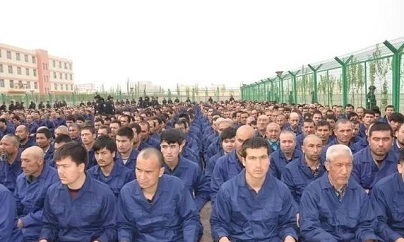
But Xi Jinping had ordered regional authorities to:
“implement practical measures such as expanding the number of employed [staff in detention facilities], enlarging the capacity [of these facilities], and increasing investment [in these facilities] within the set time frame.”
“implement practical measures such as expanding the number of employed [staff in detention facilities], enlarging the capacity [of these facilities], and increasing investment [in these facilities] within the set time frame.”

Satellite images prove that this is exactly what happened: camp floorspace construction peaked - by a great margin - in the second half of 2018 (marked in red). [chart is same source as above] 

Zhao said that thousands of police would be sent to Xinjiang from all over China. According to Han police witness Wang Leizhan, about 150,000 officers like him were brought to the region. 
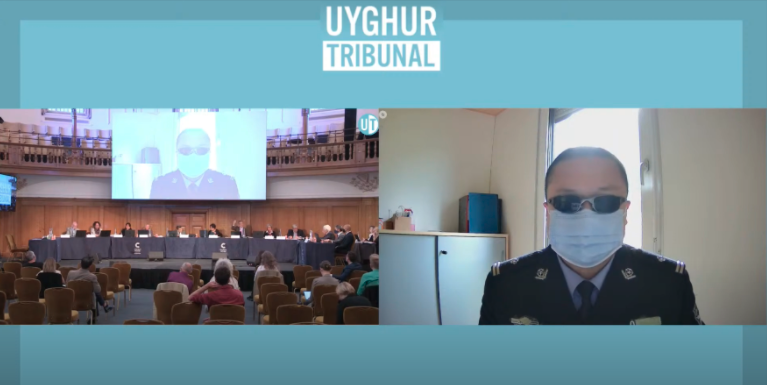
Zhao Kezhi also asserts in the speech that Beijing would “increase the strength of its support” for covering the “high costs” of operating and maintaining Xinjiang’s internment facilities. 

Zhao also quotes Xi Jinping as charging the Xinjiang government with “bringing the Vocational Skills Education and Training Center management work into the orbit of legalization” (i.e., establishing them as legally operating facilities). 

While the Xinjiang Papers contain secret speeches by Xi where he support the evolving crackdown and orientation towards securitization, the Zhao Kezhi speech directly implicates Xi and Beijing's leadership in the mass internments. 

That makes this document the perhaps most important document of the entire #XinjiangPoliceFiles. 

A big thank you to @susanjakes, Jessica Batke, @SegalWilliams for their helpful and very thorough fact-checking and editing of my work. It was a true pleasure to work with you. Thank you.
chinafile.com/reporting-opin…
chinafile.com/reporting-opin…
• • •
Missing some Tweet in this thread? You can try to
force a refresh



